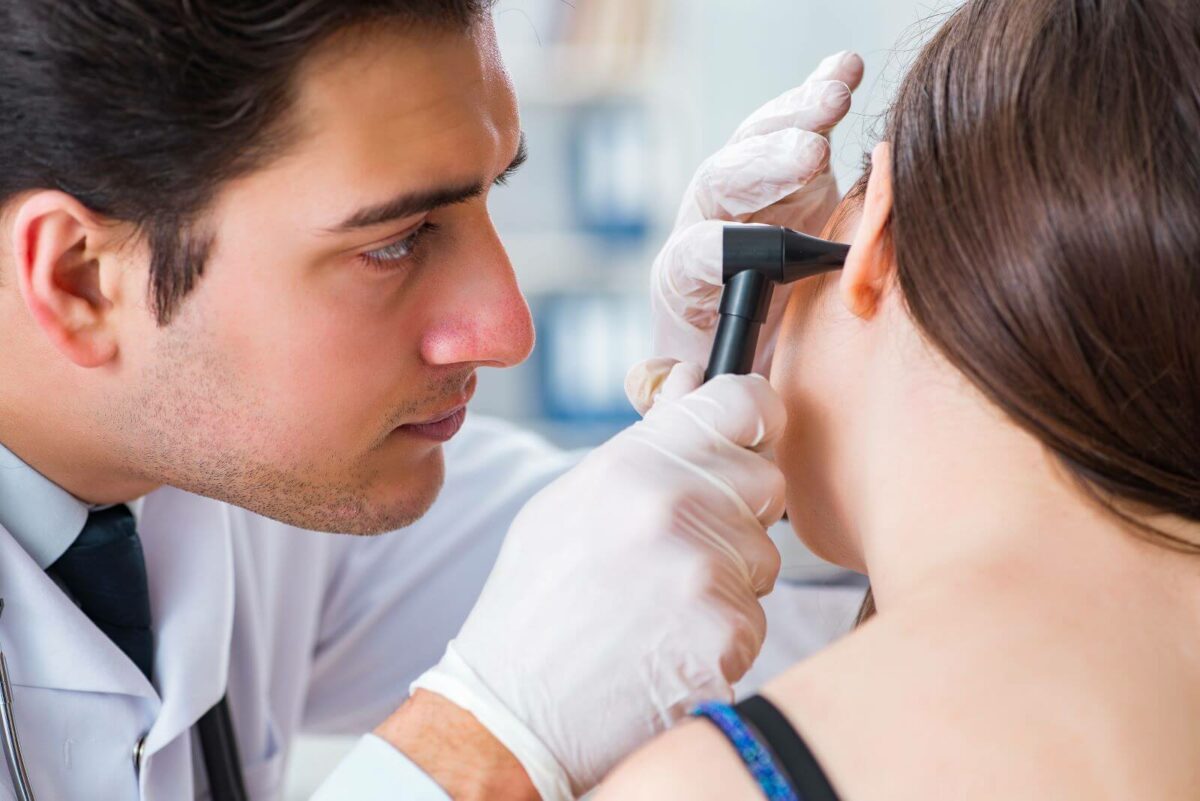Do you have diabetes? You may and not even be aware. Of the 37 million or more in the US with diabetes, one in five are not even aware they have it. Even more alarming, of the 88 million projected people diagnosed with prediabetes, the precursor to this devastating condition, 80 percent are unaware of their risk. This is why the American Diabetes Association founded American Diabetes Month in 1975 and continues annually each November. American Diabetes is a time to raise awareness and promote treatments and screenings of this life altering condition.
There are so many effects on your health, which start to creep up as diabetes progresses. This can include an impact on the health of your heart, leading to higher instances of heart attack, effects on your blood pressure, leading to stroke, kidney failure, vison issues and nerve damage. While these effects are widely acknowledged across medical fields, many people are less alerted to another aspect of our health. Studies reveal that diabetes can double to risk of hearing loss!
Hearing Loss as a Warning Sign
There are so many warning signs of diabetes which are often difficult to identify at first. These include exhaustion, excessive thirst, frequent urination, tingling hands or feet and blurry vison. Hearing loss is another sign which should be taken seriously as a warning sign of hearing loss. If you struggle to hear in crowded spaces, with multiple conversations at once, find yourself all too frequently asking people to repeat themselves, or having to turn the TV up to volumes so loud others complain it can mean you not only have hearing loss but diabetes as well. The issue is that in both conditions, its’ common for people to be unaware they have an issue. To add confusion, the signs of diabetes and hearing loss are both all too easy to reason away to be attributed to other issues. The key is regular screenings!
Diabetes Doubles the Risk of Hearing Loss
Researchers have noted, based on numerous studies that those with diabetes have a higher risk of hearing loss. Even those who are prediabetic, have a 30 percent higher risk of hearing loss. To understand the connection, it is important to understand how both conditions work in the body. Diabetes is a condition in which the cells throughout your body struggle to absorb blood sugar, a vital nutrient which provides cells with the energy they need to maintain health. The absorption of blood sugar, also known as glucose is regulated by a hormone called insulin. When your body stops producing effective or sufficient supply of insulin you become diabetic.
While sound is collected by our ears, the function is not completed until it reaches the brain. As sound waves travel through the ear canal, amplified by eardrum and ossicles, they reach the cochlea which houses tiny hair-like cells called stereocilia. Stereocilia convert audio waves into electrical impulses which can be interpreted by the audio cortex of the brain. When diabetes goes unmanaged or unaddressed it constricts blood cells, inhibiting the delivery of oxygenated blood. In addition, it’s believed that when glucose levels rise too high within the bloodstream, it might actually reduce the amount of oxygen and other nutrients that compose the blood. This can compromise the integrity of these essential cells which communicate with your brain—leaving patients with permanent hearing loss.
Taking a Stand Against Diabetes Starts with You!
What can you do to take part in American Diabetes Month? We recommend that you include a regular screening for diabetes during your annual physical. If your blood sugar levels are high enough to be in the danger zone, then you can talk to your physician about ways to keep your blood sugar at safer levels. This can include regular cardiovascular exercises, for 25 minuets or more at least three times a week. It is likely they will also recommend avoiding processed foods and sugars in favor of a diet rich in vegetables, whole grains, and lean proteins.
If you do have elevated blood sugar levels, its also likely that your hearing may be at risk. This month, use American Diabetes Month as a call to action and schedule a hearing exam with us today!

